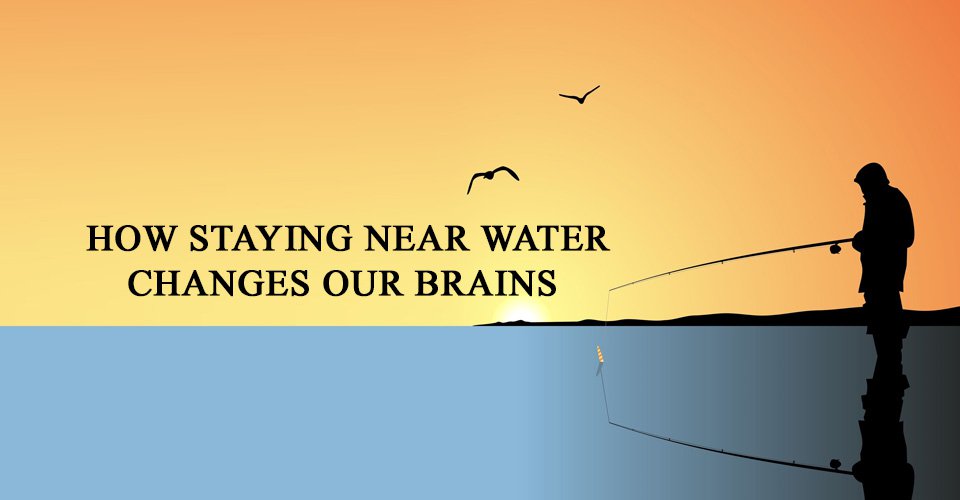
“Water does not resist. Water flows. When you plunge your hand into it, all you feel is a caress. Water is not a solid wall, it will not stop you. But water always goes where it wants to go, and nothing in the end can stand against it. Water is patient. Dripping water wears away a stone. Remember that, my child. Remember you are half water. If you can’t go through an obstacle, go around it. Water does.” Margaret Atwood eloquently touched on the spiritual and human nature of water in her novel The Penelopiad. Indeed, human beings have long felt a connection to water that goes far beyond our need for survival.
HERE IS A COLLECTION OF WISDOM FROM SCIENTISTS, PSYCHOLOGISTS, AND MARINE BIOLOGISTS REGARDING WATER’S AFFECT ON THE MIND AND BODY:
1. WATER CONTAINS NEGATIVE IONS.
Most of us are inundated with positive ions, as they emit from electronic appliances such as microwaves and computers. When we receive a surplus of positive ions without negative ones to even them out, we can become unbalanced. Negative ions come primarily from natural energy sources, such as storms, rivers, and ocean tides. An atmosphere that is rich in negative ions increases our capacity for oxygen absorption, helping our body and mind to rejuvenate at a greater speed. Maintaining an ionic balance also promotes healthy levels of serotonin, which can help to regulate our moods.
2. THE TEMPERATURE CHANGE WE EXPERIENCE WHEN WE DIP INTO WATER CAN BE THERAPEUTIC.
Cool water can refresh the body and awaken the mind. For this reason, a swim in a chilly lake, especially on a hot summer day, can be both physically invigorating and spiritually renewing. Warm water, by contrast, has a calming effect. A hot bath can relax your muscles and help to quiet your mind. This effortless release of mental and physical tension can be tremendously beneficial after a stressful day.
3. WATER ELICITS A STATE OF AWE.
The scientific nature of “awe” is a trending topic in the world of psychology. What was previously thought to be a purely spiritual phenomenon is now being shown to have physical benefits as well as mental ones. Perhaps the most universal source of “awe” is our natural world. Bodies of water, such as oceans and lakes, can help us to easily connect with our state of awe. This promotes mindfulness, reduces stress, and increases our physical well-being. Perhaps this is why urban residents who were regularly exposed to a natural body of water were proven to have lower psychological stress levels than those who were not.
4. WATER FACILITATES MEDITATION.
The rhythm of crashing waves puts us into a deep and effortless meditative state. Coupled with nature’s capacity for inducing awe, as described above, the rhythm of water can lull us into a deep and hypnotic state of relaxation. Even a small body of water, such as a desktop fountain, can lower your anxiety level, improve mental clarity, and release tension.
Perhaps nobody on earth loves water quite like Wallace J. Nichols, author of Blue Mind: The Surprising Science That Shows How Being Near, In, On, or Under Water Can Make You Happier, Healthier, More Connected, and Better at What You Do. In his book, he sums up our responsibility to the earth as follows: “Preserving, protecting, and restoring our waters are tasks for many lifetimes, and sometimes the effort can seem overwhelming. But as long as we stay connected with all of the many, many blessings that water provides, and continue to keep that love in the forefront of our minds and hearts, as long as we remind ourselves to hope, then our stories will help connect others to water and encourage them to do what they can to help care for this beautiful Blue Marble world.” Indeed, we should treasure the earth, and protect the sanctity of our waters. They certainly strive to return the favor.

Facebook Comments